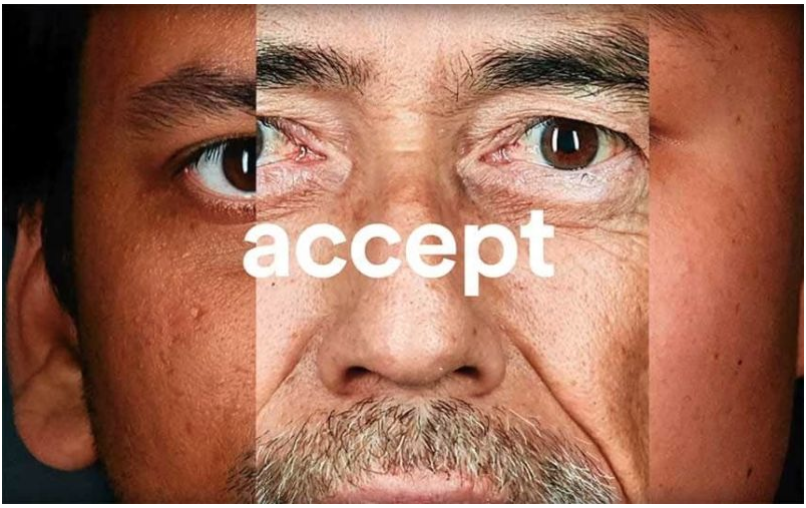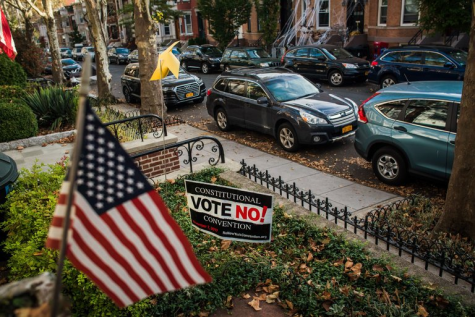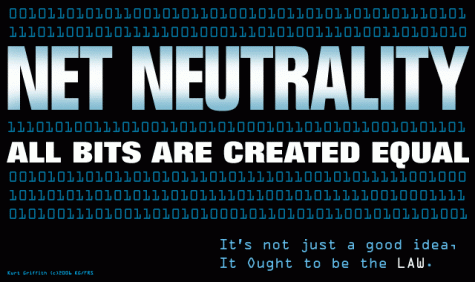Political Significance of Super Bowl Commercials
Super Bowl commercials are usually deemed the funniest advertisements of the year. This year, however, companies have reached out further than simple humor and introduced political significance into the mix. Some of the companies include Audi, 84 Lumber, Coca–Cola, Budweiser, and Airbnb.
Audi featured an ad which targeted equality between men and women. A man narrated his daughter’s soap box racing against boys and winning. The dad questions things that revolve around gender-equality such as, “Should I tell my daughter that her granddad is better than her grandma?” or “Despite her education, would she be valued less than a man?” Furthermore, Audi ends the commercial by claiming that their company promotes equal pay for equal work.
Coca-Cola produced an ad that characterized many languages as American. They did this by having the song “America the Beautiful” sung in different languages. At the end of the ad, Coca-Cola displayed, “Together is Beautiful.”
Budweiser tackled the political issue of immigration. Due to the fact that the founder of this American beer company was a German immigrant, Budweiser incorporated this background by depicting the story of its creator. When he arrived in America, the founder was welcomed with both hate and happiness. For example, one person said, “Go back home,” but another said, “Welcome to St. Louis!”
Furthermore, 84 Lumber produced an ad that engaged the Mexican-immigration topic. It depicted a story of a mother and her daughter who travel to the border. The two overcame obstacles and stuck together throughout the journey. Along the way, the daughter picked up some material that appeared to be trash. When the two reach the border, there is a large wall, alluding to Trump’s proposed border wall. This obviously prevented them from getting in. The daughter takes out an American flag she made out of her collected materials and the two walk through a large doorway into America. 84 Lumber ends the ad with the message, “The will to succeed is always welcome here.”
Airbnb’s ad states that everybody should accept every one no matter who/what he believes in, where he is from, or who he loves. They continue to say that the world is a better place with more acceptance. The commercial ended with #weaccept.
Kevin McKenna says that it was kind of “odd to see commercials that have nothing to do with their products.”
Joe Moraglia expressed that he has “no opinion about the airing of these ads and cannot express his reaction in words.”
Another student, who prefers to remain anonymous, thinks that it is a “time of division and that it is unnecessary to have politically-based commercials.”
Ashar Farooq believes that the modern era “sees politics embedded into everyday life, whether one invites it into his life or not. This was evident during the Super Bowl.”
The political significance of this year’s commercials, whether one agrees with it or not, is definitely larger than in previous years. Reasons for these commercials may be correlated with the presidency, the marches for women’s rights, or perhaps something completely different. However, the question that remains is, “What will next year’s commercials be like?”







